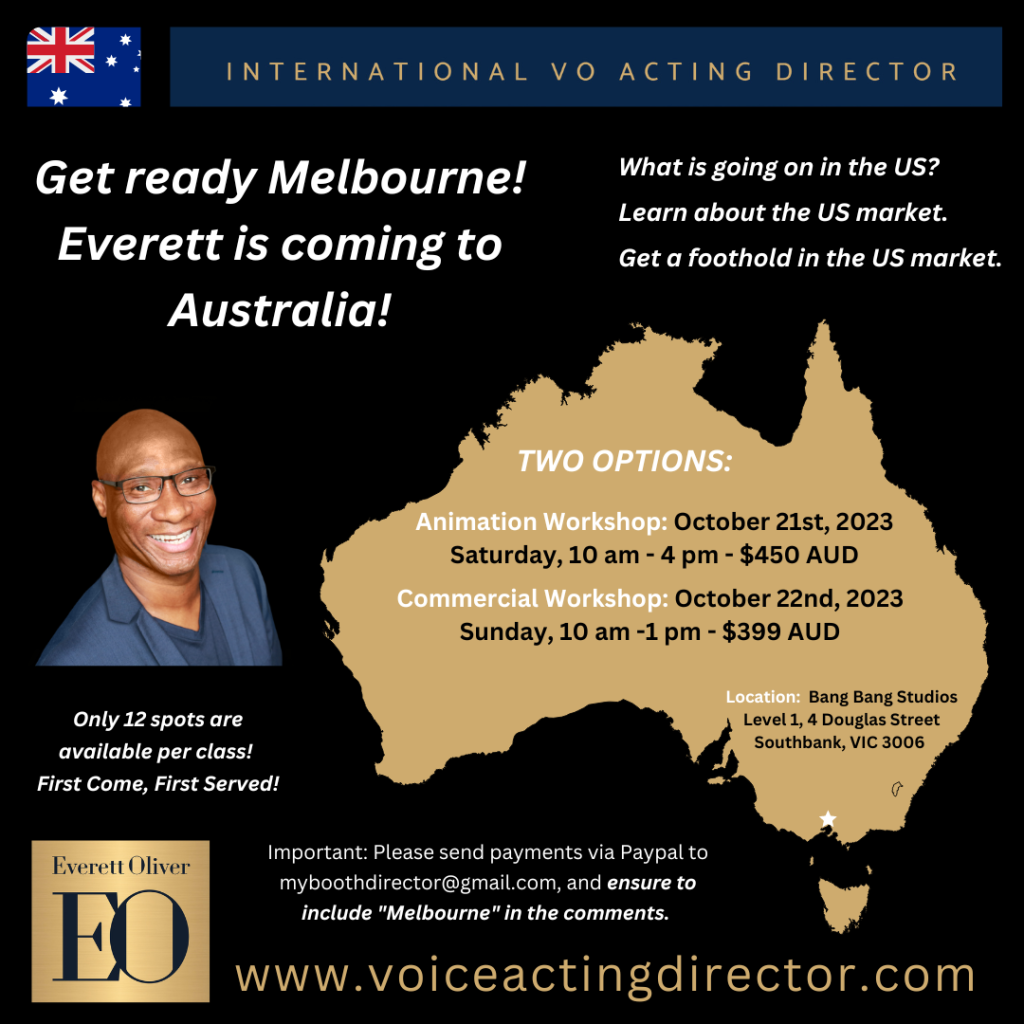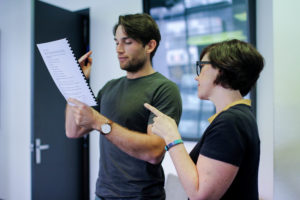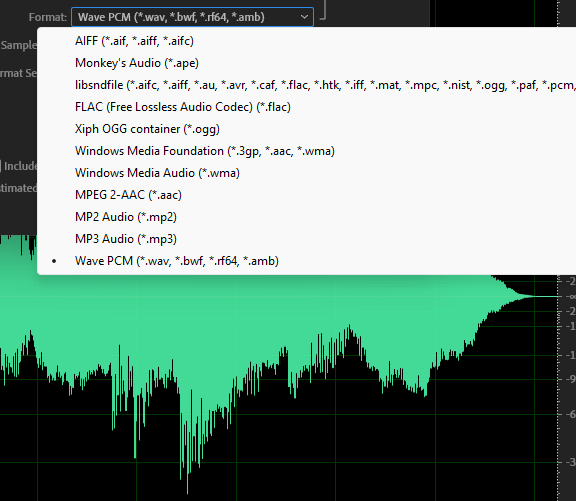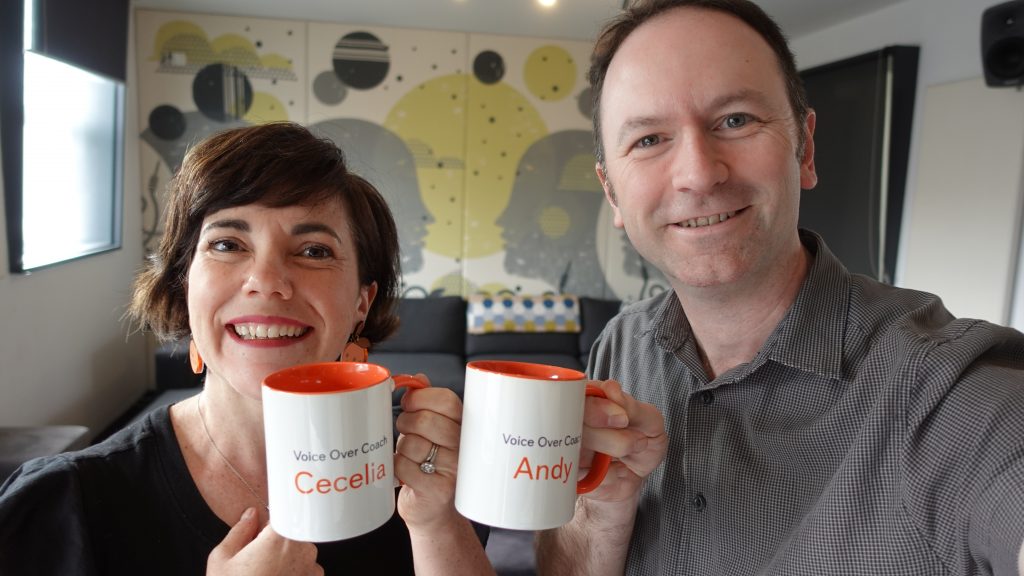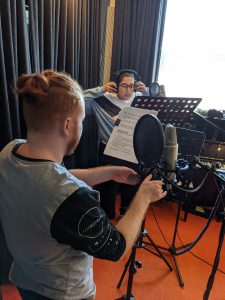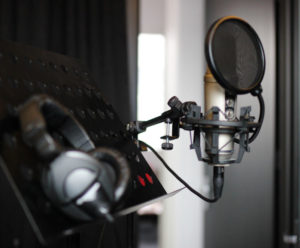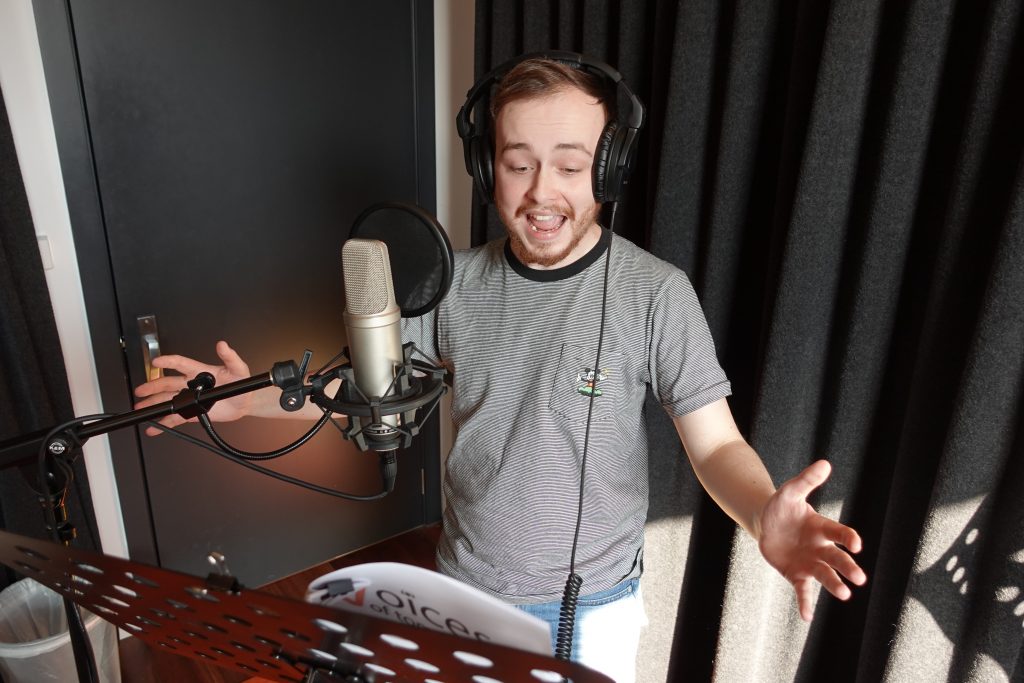International VO Acting Director Everett Oliver is coming to Australia in October and has two workshops that will run in Melbourne.
On Saturday October 21 Everett is running an Animation Workshop from 10am to 4pm
On Sunday October 22 Everett is running a Commercial Workshop from 10am to 1pm
Note: Booking are not done via Voices of Tomorrow. See the flyer below to contact Everett Directly.
Here’s what you can expect.
Animation – students will pick two (2) characters from copy that will be provided prior to the beginning of class.
Students will be encouraged to pick characters that provide a challenge and get them out of their comfort
zone.
Students will be reading copy in class on mic.
Commercial – Students will be assigned two (2) pieces of copy before class, to be read in class, individually on
mic.
The class will consist of several different sections.
Discussion
Everett will discuss the following topics (including but
not limited to):
- What is going on in the US?
- What’s hot, what’s not
- Current and future trends in the US in both
Animation and Commercial - Where do I learn about the US market
- VO Buzz Weekly
- Talkin’ Voiceovers
- VO Body Shop
- Entertainment Dudes Podcast
- The Hydrant
- Follow US Voice Actors on Social Media
- Look for classes you can attend in the US
virtually - Personal Coaches
- Differences between regions in the US
- How to get a foothold in the US
- Agents in the US
- How do they find talent?
- How do you get on a roster?
- What do they want to hear?
- Casting in the US
- What is the casting process?
- What’s booking
- Who are the Casting Directors
- Auditions
- What are agents/casting directors
looking for - What is the audition process in the US
- Follow directions (especially when
labeling your auditions)! - Selective takes
- Commercial auditions vs. animation
auditions - Who are the Casting Directors
- Behind the scenes in casting for
Animation and Commercial - Casting process
- What are Casting Directors looking for
- Who are the Commercial and Animation
Casting Directors (Names)? - The Business side of Voice Acting
- Branding & Marketing
- Website
- Social Media
- Competitive demos
- YouTube videos
- Industry research
At the end of each class Everett will wrap things up with a quick review of highlights from the class, answer any
final questions and talk about what follows.
All students will receive copies of their on-mic work during class
